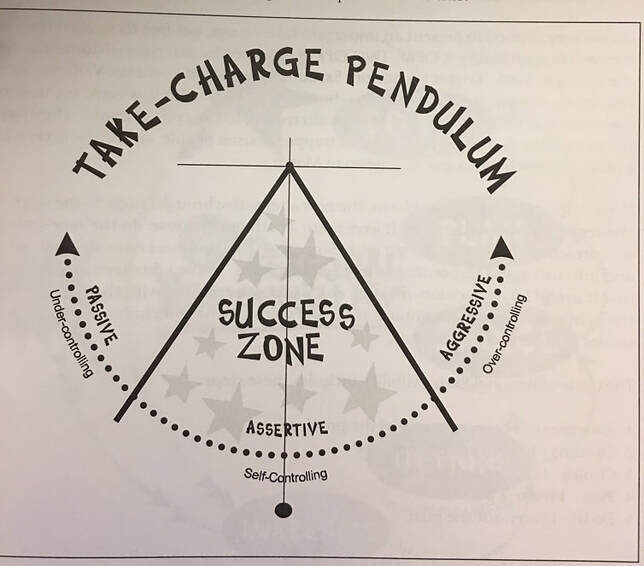Assertiveness & Personal Boundaries
Do you feel like people are always taking advantage of you? Do you find yourself physically, mentally, and emotionally burnt out most of the time? Do you tend to avoid conflict because you don't know how to navigate challenging conversations? Is asking others for what you need really uncomfortable for you? Do you find yourself being either too passive or too aggressive in your relationships? If you answered yes to most of these questions, then a lack of assertiveness and weak boundaries are the problem.
The good news is this lesson can help strengthen you in these areas. You will learn what assertive behavior is and how to begin communicating more assertively. You will also learn the need for and purpose of personal boundaries and how to establish, maintain, and enforce them for yourself. To complete this lesson, read the material in the white block, listen to the audio teaching and podcast discussion, and complete the assignment below.
The good news is this lesson can help strengthen you in these areas. You will learn what assertive behavior is and how to begin communicating more assertively. You will also learn the need for and purpose of personal boundaries and how to establish, maintain, and enforce them for yourself. To complete this lesson, read the material in the white block, listen to the audio teaching and podcast discussion, and complete the assignment below.

